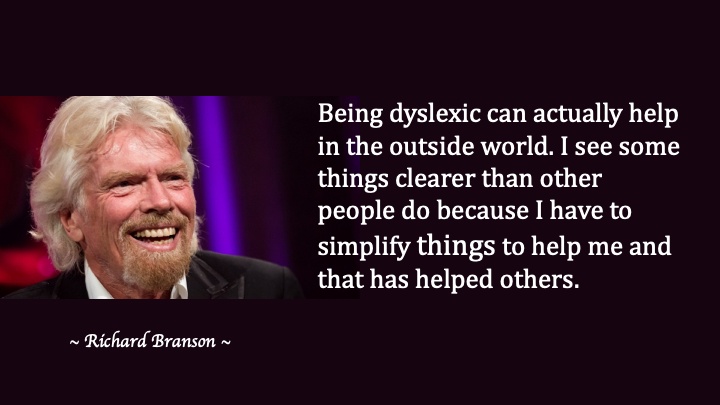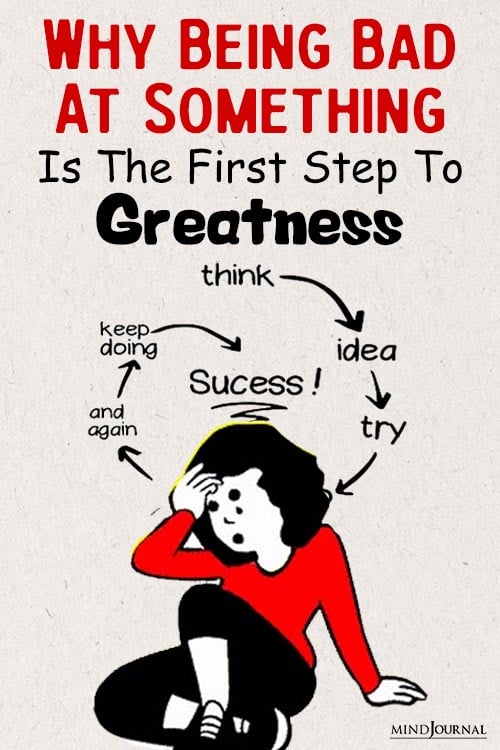It’s our natural instinct is to avoid things we’re not good at. Whether trying to dance, fumbling through a new language, or burning a recipe that seemed “easy” on the internet. It’s uncomfortable, frustrating, and can even feel a little humiliating. But did you know the benefit of doing things you’re bad at?
No one really enjoys being bad at something. Society also celebrates talent and successes. But here’s the reality: every expert started as a beginner. The people you admire were once terrible at their craft
But what set them apart wasn’t raw talent but the willingness to push through failure and improve.
So, you don’t have to become an expert in everything, being bad at something is the first step. Trying things is what matters. Whether you’re picking up a paintbrush, stepping onto a dance floor, or solving a tricky math problem, this can lead to incredible benefits.
Read More Here: Are You Too Non Confrontational? Here’s How It’s Sabotaging Your Life
So why should you bother doing things you’re bad at? Let’s explore.
The Benefit of Doing Things You’re Bad At…
1. Growth Happens Outside Your Comfort Zone
Think about the first time you rode a bike. You wobbled, fell, maybe scraped your knee. But eventually, with practice, you figured it out. If you had given up, you would have never experienced the freedom of riding a bike.
Only doing things you’re good at might feel safe, but it will never give you the chance to improve or experience anything new.

Richard Branson, founder of Virgin Group, struggled with dyslexia. He could have avoided business because of his reading difficulties, but instead, he focused on creativity and skills. He said that it was his “superpower” or a “blessing in disguise” that helped him build a global empire.
2. You Might Surprise Yourself
How many times have you said, “I’m just not good at this”? But have you ever actually given it a real shot? Some of the best experiences come from things you never expected to be good at.
J.K. Rowling was rejected by multiple publishers before Harry Potter became a global phenomenon. If she had given up on writing just because she wasn’t immediately successful, the world would have never experienced her stories.
3. It Builds Resilience And Endure Difficulties
You learn how to adapt, solve problems, and push through challenges. Resilience is something that carries over into every part of life, from your job, relationships, and personal goals.
Trying (and failing) at something teaches you how to handle setbacks. Just like Michael Jordan who was cut from his high school basketball team. But instead of quitting, he used this as motivation to train harder. Resilience is what made him one of the greatest athletes of all time.
4. It Makes Life More Interesting
Sticking to what you’re already good can be just a little boring and monotonous. Doing things you are bad at first makes your life richer with experiences and anecdotes because then you would have tried many things.
Many adults are hesitant to learn a new language because they’re afraid of making mistakes. But those who push past that fear often find that learning a language without worrying about how good you are, opens up new cultural experiences, friendships, and travel opportunities.
5. It’s Fun (Once You Stop Taking Yourself So Seriously)
Don’t you often avoid things you’re bad at, because you’re afraid of looking silly? But once you let go of that fear, trying new things becomes an adventure. You start to laugh at your mistakes instead of being humiliated by them. And sometimes, being bad at something makes it even more enjoyable.

Did you know Julia Child didn’t start learning to cook until her 30s? At first, she was terrible. But she kept practicing, had fun in the process, and eventually became one of the most beloved chefs in history.
Should You Still Do Things Your Bad At?
Absolutely. Some things can just be for fun, growth, or even just a new perspective. Be bad at it. Enjoy the process. Because sometimes, the best things in life start with being terrible at them.
Read More Here: The ‘Grass Is Greener’ Syndrome: Why You Always Want More (But Never Feel Satisfied)
So go ahead, pick up that instrument, join that dance class, or try that new hobby, do things you are bad at!
Frequently Asked Questions (FAQs)
Can you enjoy something you’re bad at?
Once you let go of that fear, trying new things becomes an adventure. You start to laugh at your mistakes instead of being humiliated by them, and sometimes, being bad at something makes it even more enjoyable.
Should you still do things your not good at?
Yes why not? Some things are for fun, growth, or a new perspective. It’s okay to be bad at something, we should embrace it.










Leave a Reply